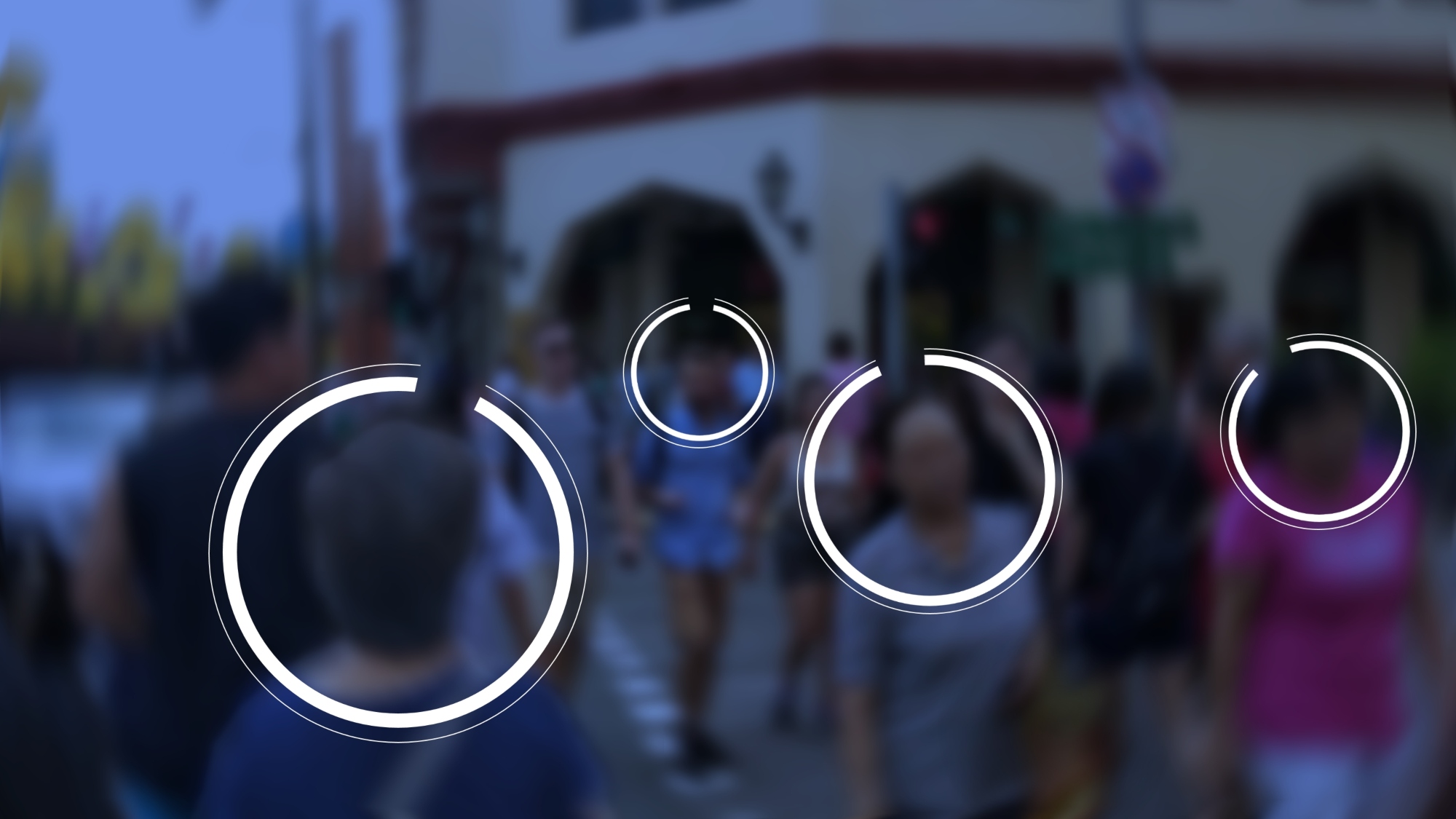Understanding the Minds of Today’s Consumers

By Caroline Barnhill
Which marketing strategies are most effective in influencing a vaccine-hesitant individual to roll up their sleeve and get their COVID shot? Why is it important for companies to utilize consumer feedback on social media to improve their business practices? How do restaurant rewards programs factor into consumer choice when it comes to treating themselves? And what can we predict about Generation Alpha’s future brand loyalties?
These are the types of problems that Poole College’s faculty are exploring within the world of marketing and consumer behavior. It’s an increasingly important field as stakeholders – ranging from companies, non-profits, and institutions to the medical field – seek insight into consumers’ preferences and decision-making processes. And it’s one of the reasons why Stacy Wood, Langdon Distinguished University Professor of Marketing, launched the Consumer Research Laboratory nearly 10 years ago.
Consumer behavior research conducted by Poole faculty has landed in some of research’s most prestigious journals, from the Journal of Marketing and all the way to top medical journals such as the Journal of the American Medical Association and the New England Journal of Medicine. The reason? Understanding the psychology of consumers – how they make decisions and what influences their thought processes – impacts businesses and organizations across every industry, says Stefanie Robinson.
Today, Robinson co-manages the Consumer Research Laboratory along with fellow Poole College associate professor of marketing, Heather Dretsch.
“Research into consumer behavior is especially important during times such as these, when consumers and the world around them are evolving so quickly. Timely data helps faculty integrate new findings about consumer psychology with existing theory to advance marketing practice and policy,” says Dretsch.
The Consumer Research Laboratory is utilized by several of Poole’s marketing faculty to conduct high-quality research that is a pillar of NC State’s mission as a top-tier research institution. However, just as important, says Robinson, is the fact students in the college’s graduate and undergraduate programs have the opportunity to engage first-hand in the important research taking place within the lab.
“Our students participate in a marketing research course where they engage with a client in a semester-long project tackling a real-world challenge. Oftentimes the students will utilize the lab to collect data to apply to their project,” Robinson says. This past semester, for instance, students worked with a local non-profit, Gabi’s Pals, to understand consumer perceptions of company partnerships with non-profit organizations.
“The lab allows Poole students to apply what they’re learning in the classroom – whether it’s how to write a survey or how to collect and analyze data. Students can practice those techniques with a large sample of consumers. Without the lab, students wouldn’t always have access to a large sample of respondents to help them answer research questions,” Robinson says. “Being able to have this hands-on approach in an academic environment really gives students the ability to practice and learn along the way.”
Data coming from the Consumer Behavior Lab informed students in Dretsch’s traditional and digital brand promotion course that Instagram Stories and behind-the-scenes content that helps consumers feel “in the know” about brands they follow can be a current key to engagement. Lab data also revealed that following brands that produce visually pleasing content actually serves as a form of creative expression for consumers themselves. “Practicing emerging analytical techniques with Lab data gives students new skills and confidence when supporting recommendations to our client partners,” says Dretsch.
Learning from doing is the key point of engaging students in Consumer Research Laboratory projects, Robinson says.
“By going through the process, students can see firsthand the importance of applying the learned techniques,” Robinson says. “Our goal is that our graduates will be more confident in utilizing marketing research once they enter the workplace because of the foundation we’ve laid for them within the college.”
- Categories: